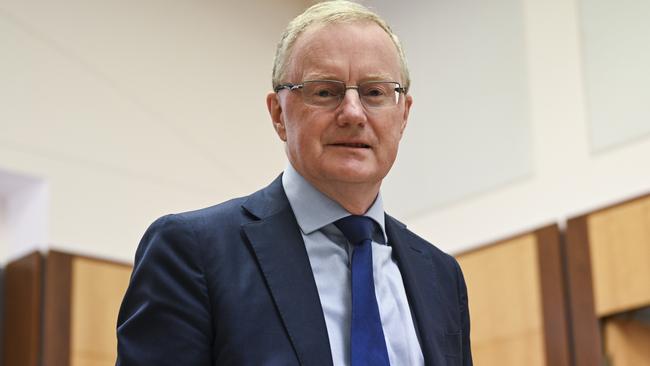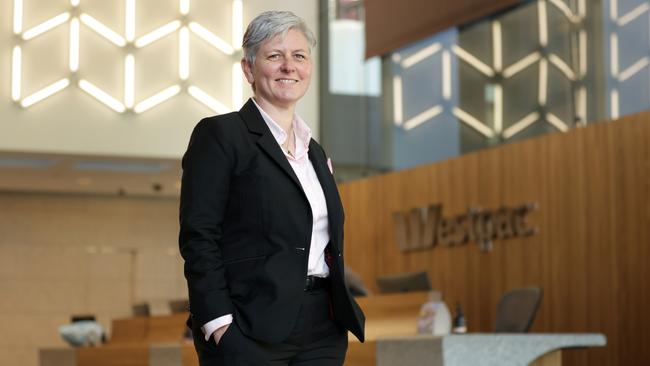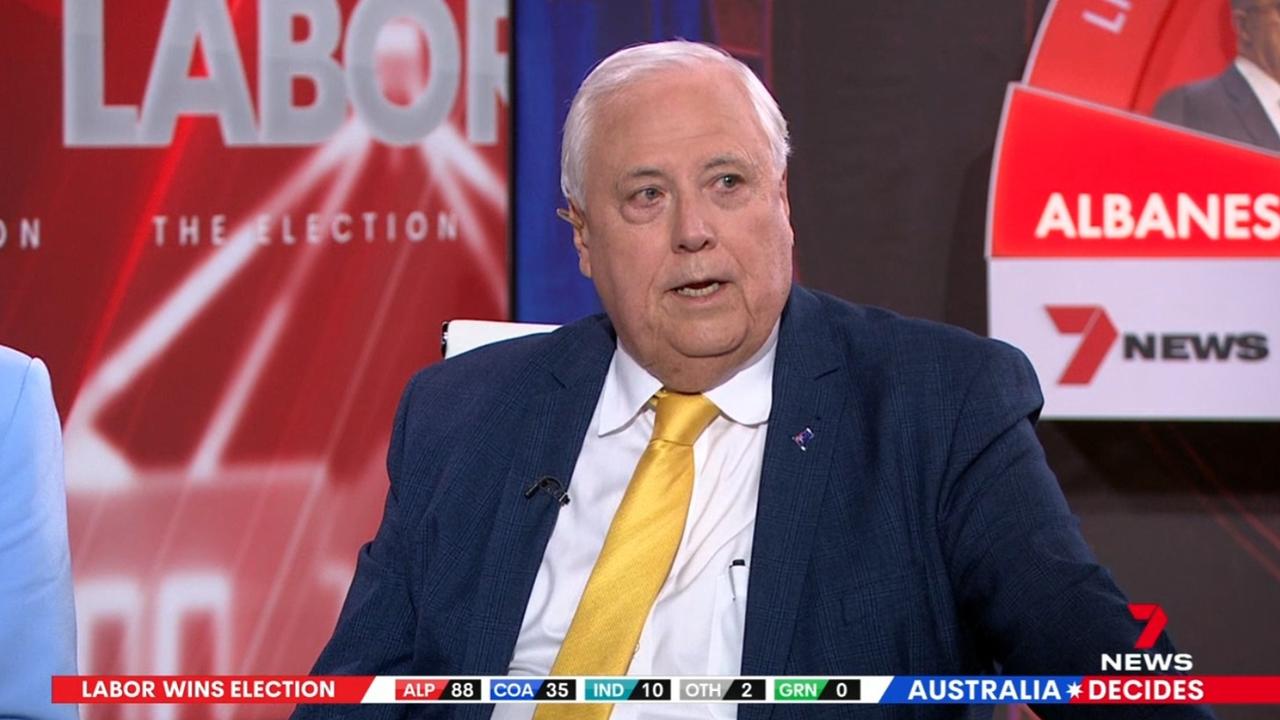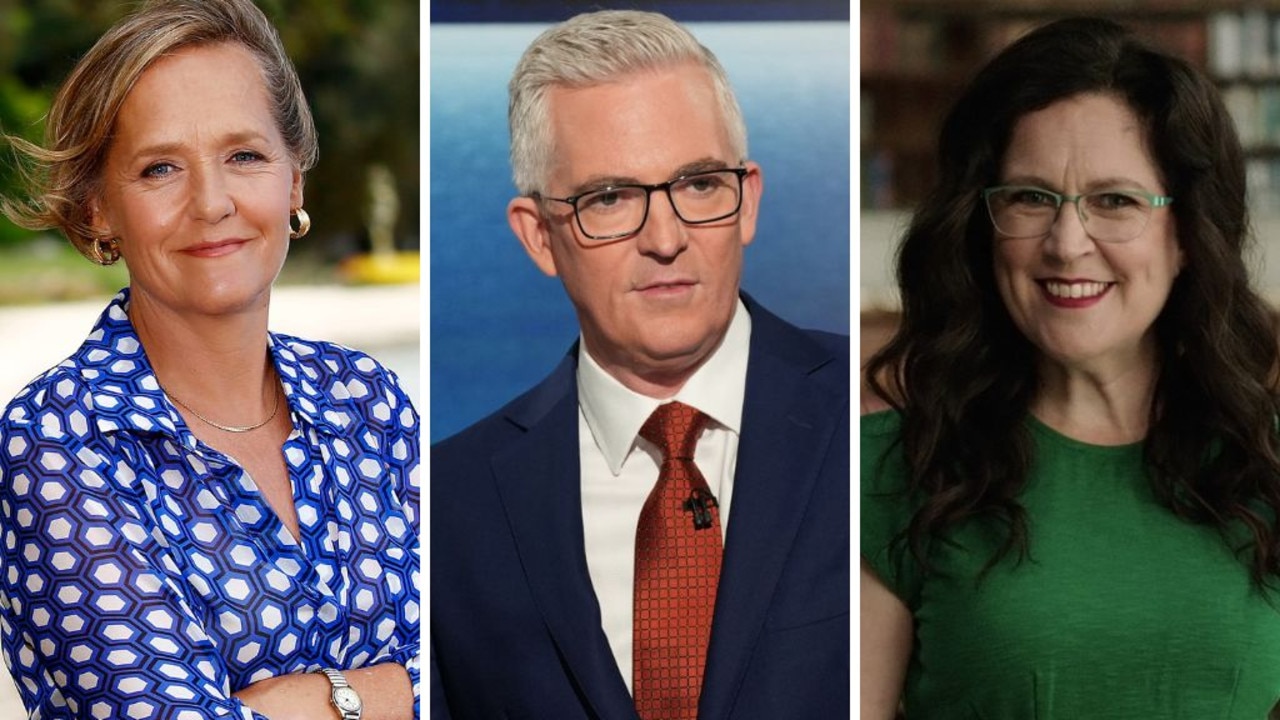Criticism of Lowe unfair as his views were shared by others, says former RBA assistant governor
Former Reserve Bank assistant governor Luci Ellis has defended former governor Philip Lowe for saying in 2021 that the cash rate might not rise until 2024.

Former Reserve Bank assistant governor Luci Ellis has defended the bank’s former governor, Philip Lowe, for his declarations in 2021 that the official interest rate might not rise until 2024.
Ellis, who is now chief economist at Westpac, was not a member of the bank’s board that signed off on the monthly statements that were made in the name of the governor.
But as the RBA assistant governor (economics), who was presenting to the board each month about the state of the economy, she played a key role in the bank’s thinking at the time.
Dr Lowe was subsequently pilloried for the statements from February to October 2021 that the cash rate was unlikely to rise until 2024 – before he was forced to increase the cash rate from May 2022.
But the comments by Ellis confirm that the belief that interest rates would not need to rise for some time was a view held by broader sections of the bank well into 2021.
The bank began increasing the cash rate in May 2022 from the pandemic level of 0.1 per cent as global inflationary pressures emerged, raising it 13 times until November last year, when it set the rate at 4.35 per cent, where it is today.
Ellis, who headed up the RBA economics division from 2016 to mid-2023, when she left the bank to join Westpac, said there were real concerns about the outlook for the economy well into 2021 given the severity of lockdowns across the country.
“August was the last time we had a forecast round where the yield target for 2024 was in effect,” she said.
“If you think back to August 2021, Sydney and Melbourne were in lockdown, the vaccination program was going very badly, Omicron hadn’t yet emerged (as a milder form of Covid), it was all still Delta.
“The public policy response to Covid in Australia had been that lockdowns were good and if there was any critique of policy, it was that you should lock down harder.
“The bank’s forecasts in August 2021 were predicated on the basis of [the view that] there were going to be more lockdowns, or at least restrictions, and that 2022 was going to be really weak and that we were going to have higher unemployment.”

By September 2021 state governments were starting to change their stance, with then NSW premier Gladys Berejiklian announcing a phased easing of restrictions and her successor, Dominic Perrottet, taking a much more liberal approach after taking over in October that year.
Ellis said the board had dropped its “yield target” for 2024 following the bank’s forecasting round in November 2021, when it became apparent that things were changing.
From then on, the monthly statements by Dr Lowe did not make any more references to a yield target to 2024.
Ellis’s comments reveal the uncertainty within the bank until October 2021 about whether state governments would open up in 2022 and the impact of federal government stimulus payments.
“By November 2021 we were seeing inflation in some other countries as they opened up,” she said. “But not in all countries.”
In assessing the situation at that time, she said, the bank was still uncertain about how much the federal government stimulus would affect income levels.
“We didn’t know in advance whether we were going to be one of those countries which had put even more stimulus into the economy than was needed to fill the income hole created by lockdowns – like the US did – or whether we were going to be like other parts of Europe and Asia where they didn’t quite fill the income hole and you were going to have quite weak demand,” she said.
“As it turns out, in Australia we probably filled or slightly overfilled the income hole (with government stimulus payments), but we didn’t know it at the time.
“No one really knew how much of an income hole you had to fill. You were designing policy very quickly.”
Ellis said the bank’s thinking for most of 2021 was made against a backdrop of Australia having weak wages growth and low levels of inflation before the outbreak of the pandemic in early 2020.
Australia had been about six months behind developments in other parts of the world in its response to Covid and was slower than other countries in North America and Europe in easing back lockdowns and opening up its economy, she added.
Ellis said while there had been an opening-up plan by the Doherty Institute in the second half of 2021, “there was genuine doubt at that point whether governments would stick to it”.
“It turns out they did, which was a surprise,” she said.




To join the conversation, please log in. Don't have an account? Register
Join the conversation, you are commenting as Logout